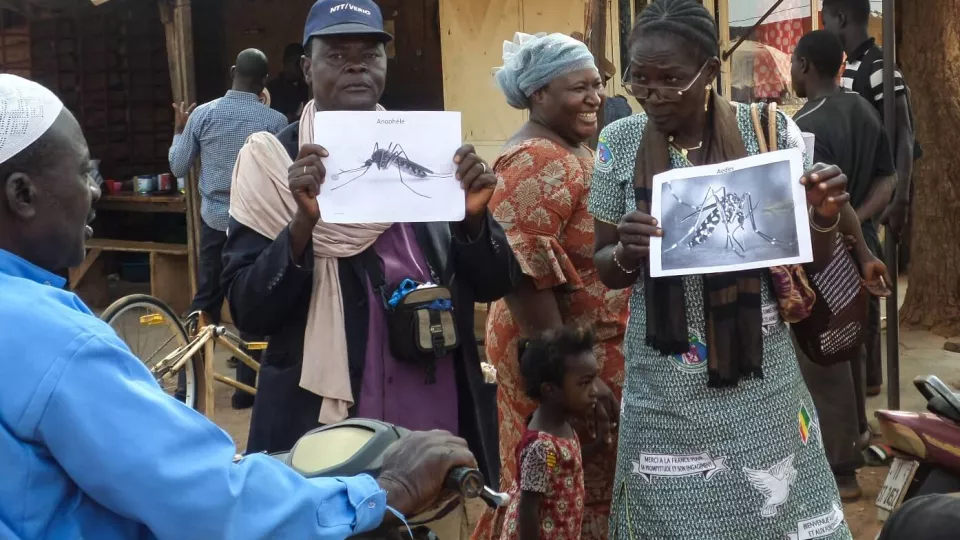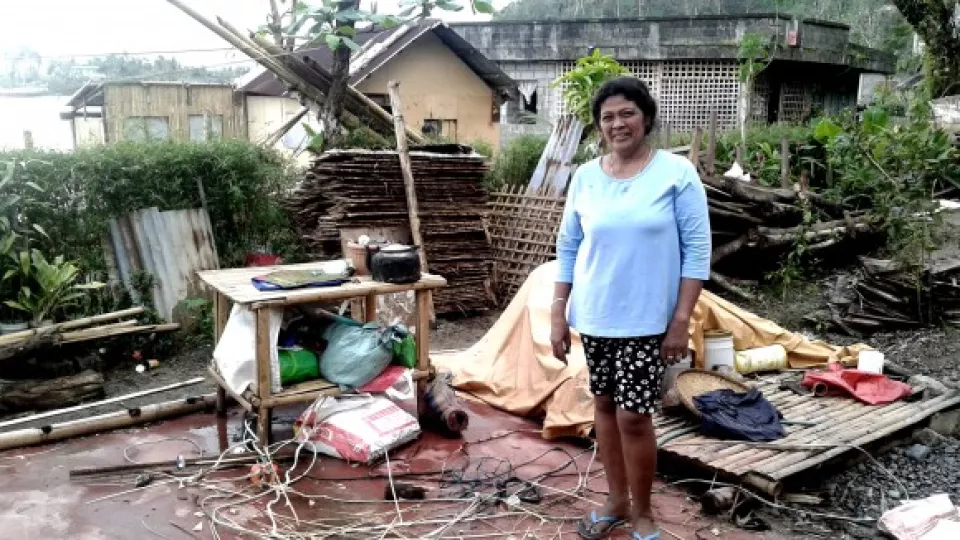Humanitarian Networks and Partnerships Week 2017
The Humanitarian Networks and Partnerships Week brought together 1,300 people from across the sector. Luke Caley and Sarah Klassen attended the on interactive day on behalf of the Start Network. Here’s a summary of the sessions they attended.



